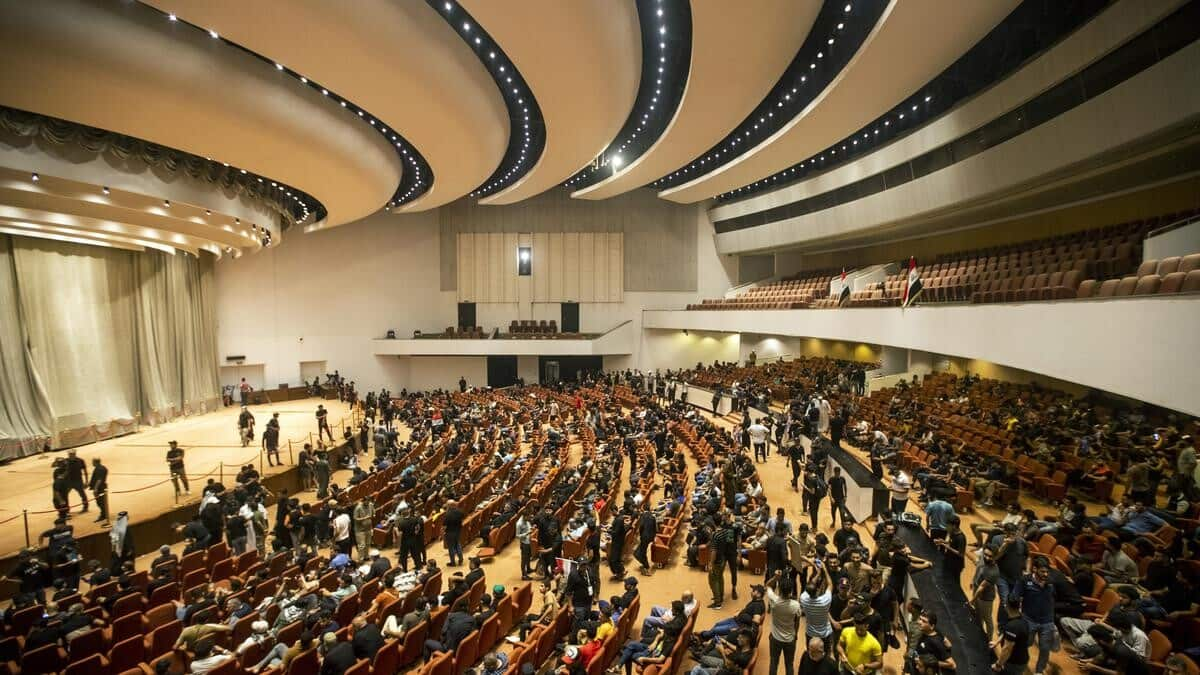Iraq passes controversial laws that could legalize child marriage
What's the story
Iraq's parliament has passed amendments to the personal status law, which critics argue could legalize child marriage.
The changes give Islamic courts greater power over family matters, including marriage, divorce, and inheritance.
Activists argue this undermines the 1959 Personal Status Law that unified family law and protected women's rights.
Currently, Iraqi law sets the minimum marriage age at 18 in most cases. However, the new amendments allow clerics to interpret Islamic law.
Potential implications
Laws could permit marriages of girls as young as 9
The amendments could allow marriages of girls as young as nine under the Jaafari school of Islamic law, which is followed by many Shia religious authorities.
The move is backed by conservative Shia lawmakers who want to bring laws in line with Islamic principles and curb Western influence.
Apart from this, the parliament also passed a general amnesty law for Sunni detainees and possibly those involved in corruption.
A land restitution law was also passed to address Kurdish territorial claims.
Activist's concern
'Disastrous effects on rights of women and girls'
Human rights activist Intisar al-Mayali criticized the amendments, saying they "will leave disastrous effects on the rights of women and girls."
She raised concerns over early marriages violating children's rights and disrupting protections for women over divorce, custody, and inheritance.
According to reports, the parliamentary session ended in chaos with accusations of procedural violations.
A parliamentary official said "half of the lawmakers present in the session did not vote," breaking the legal quorum.
Voting controversy
Legislators complain about voting process
Later, legislators complained about the voting process, which bundled all three controversial laws into a single vote.
Independent MP Raed al-Maliki supported the civil status law but criticized its bundling with other laws for voting.
He hinted this might lead to a legal appeal at the federal court.
Parliament speaker Mahmoud al-Mashhadani called the passage of these laws "an important step in the process of enhancing justice and organizing the daily lives of citizens."
